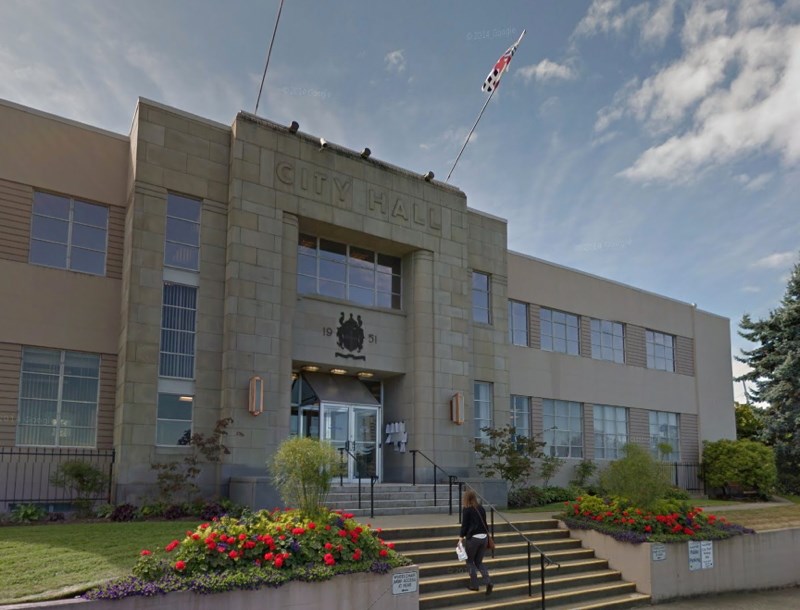Nanaimo officials met B.C. Finance Minister Carole James this week to try to convince to province to exempt that city from the imminent speculation tax.
The contentious tax is expected to come into effect this fall.
Targeted at urban centres, the speculation tax will cover properties not occupied by the owner as a primary residence for more than six months a year or not occupied by a tenant.
“During our meeting, we received a clear signal that while the minister intended to take our information under advisement, the government would be proceeding with the legislation as is and would monitor the impacts upon enactment,” Mayor Bill McKay said.
The meeting took place Thursday.
Nanaimo argues that the tax will hurt the city’s housing market and its economy.
“It will drive developers out of the city to nearby markets not subject to the speculation tax,” a city statement said Friday.
“Reduced developments will mean loss of vital revenue from development cost charges to the city. It also means the city could lose out on new affordable housing built by developers.”
Nanaimo has a shortage of affordable housing.
A tent city on municipal industry land was established in May and now has more than 150 tents and structures. And a common complaint among campers is that they can not find a place to live.
Amrit Manhas, Nanaimo’s economic development officer, said the tax will work against the Regional District of Nanaimo’s regional growth strategy, which aims to encourage growth in urban areas rather than seeing sprawl into rural areas.
McKay said in a letter given to James at the meeting that urban sprawl outside of the city will create a competitive disadvantage for Nanaimo.
Nanaimo has been supporting more affordable housing by offering incentives such as reducing the number of parking spaces required and lowering development-cost charges for non-profit organizations, McKay said.
“Developers and investors will now prefer a non-speculation tax zone. Nanaimo will lose out on new investment despite these incentives,” he said.
The province’s rationale for choosing zones where the tax will apply is tied to high housing prices, low vacancy rates and higher income-to-housing price ratios, McKay said.
“This is simply not the case in Nanaimo. Our housing costs are one-quarter the price of Vancouver and roughly half that of Victoria.” Those cities are among those to be subject to the speculation tax.
McKay said Nanaimo’s rental vacancy rate is higher than the 1.6 per cent calculated by the Canada Mortgage and Housing Corp., once secondary suites and rental condominiums are taken into consideration.



